Several thousand people gathered in Montenegro on Sunday to demand the resignations of senior security officials following a mass shooting earlier in the week that claimed 12 lives, including those of two children.
Chanting slogans including "Resignations" and "Killers," protesters gathered outside the Interior Ministry in Montenegro's capital, Podgorica, demanding the resignations of Interior Minister Danilo Šaranović and Deputy Prime Minister for Security and Defense Aleksa Bečić.
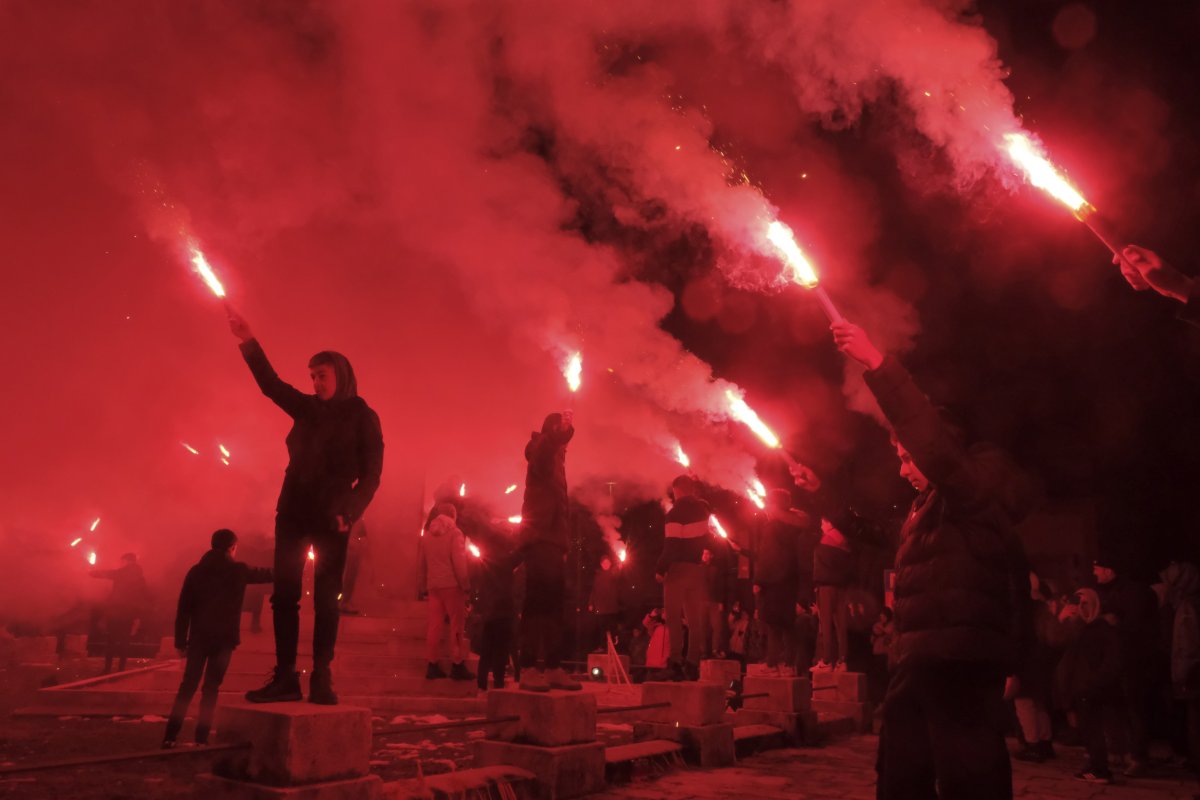
Why It Matters
Many residents of Cetinje and other Montenegrins have voiced frustration, accusing the police of mishandling the response to the recent shooting. Critics argue that authorities have failed to take sufficient measures to improve security in the town since a previous massacre in August 2022, leaving the community vulnerable to further violence.
The recent mass shooting has heightened fears about escalating violence in Montenegro, a nation already grappling with deep political divisions. The tragedy has also sparked fresh scrutiny of state institutions' ability to address pressing issues, including deep concerns over the widespread prevalence of firearms and growing doubts over the readiness of authorities to prevent mass shooting incidents.
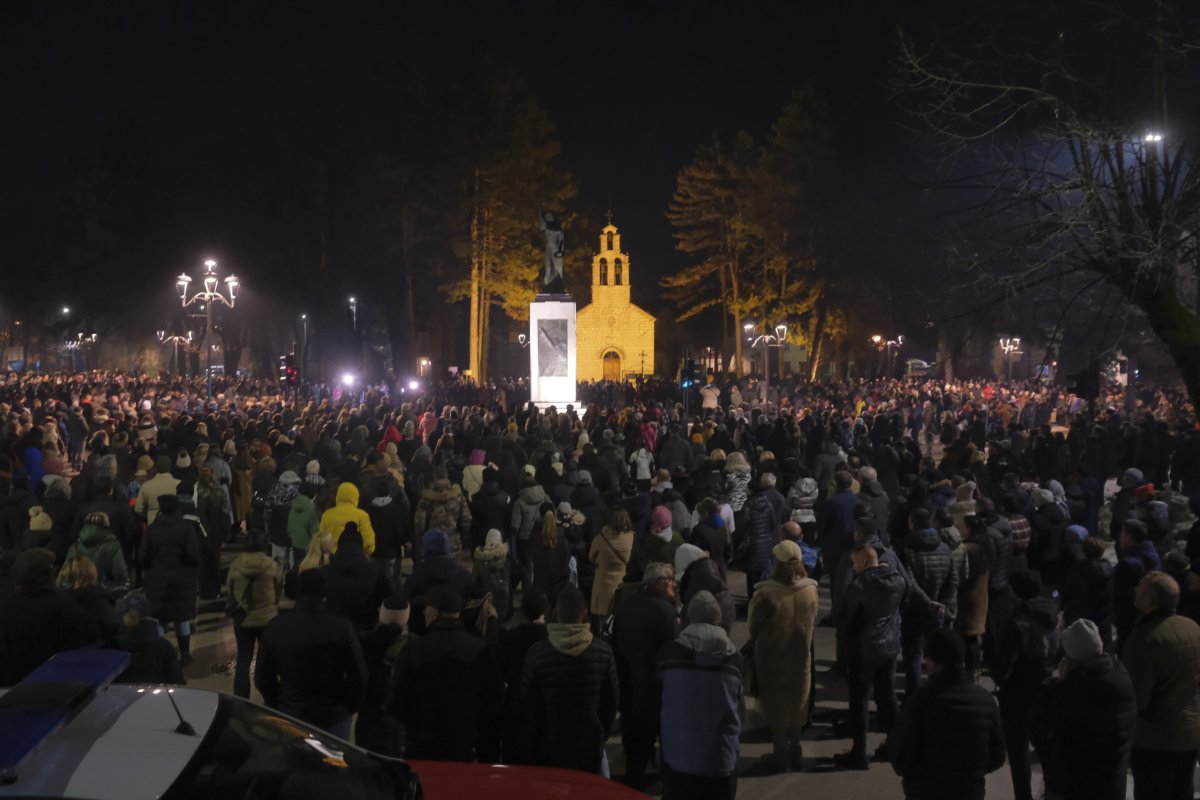
What to Know
Earlier on Sunday, hundreds gathered in Cetinje, Montenegro's historic capital, for a solemn tribute to the 12 victims of Wednesday's mass shooting. Participants observed 12 minutes of silence, one for each life lost in the tragedy.
Wednesday's shooting stemmed from a bar brawl in Cetinje. A 45-year-old man left the bar, retrieved a gun from his home, and returned to open fire. He killed four people at the bar and eight others at different locations before taking his own life, marking one of Montenegro's deadliest mass shootings.
What Did Police Say About the Mass Shooting in Cetinje?
Police have claimed that Wednesday's shooting was impossible to predict or prevent, despite the gunman, Aco Martinović, having a prior record that included convictions for violent behavior and illegal weapons possession. Most of his victims were reportedly friends and family, adding a chilling layer to the tragedy.
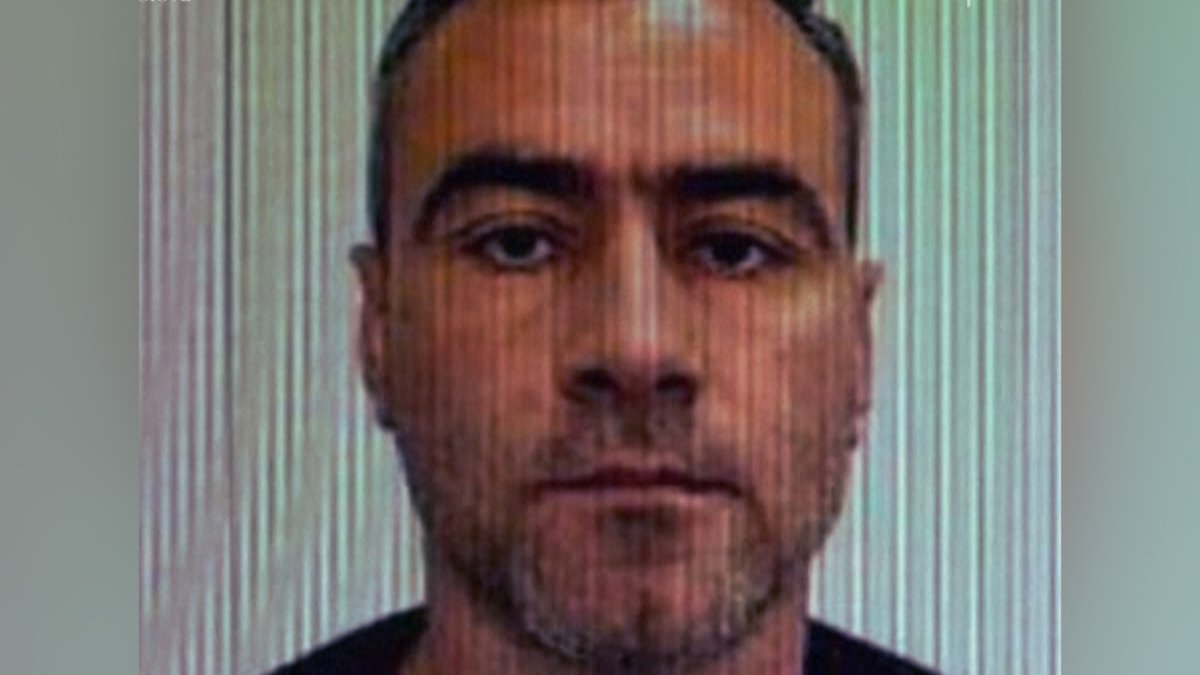
Protesters in Cetinje and Podgorica called for a comprehensive "demilitarization" of Montenegro, demanding the destruction of illegal weapons, the imposition of high taxes on gun ownership, and a moratorium on issuing new licenses. They also urged authorities to reevaluate existing licenses under stricter criteria, reflecting widespread public support for tighter controls to prevent further tragedies.
What Action Have Police Taken in Response to the Shooting in Cetinje?
On Sunday, police reported conducting raids at multiple locations, resulting in the confiscation of around 20 weapons, more than 500 rounds of ammunition, and a cache of explosives.
The 2022 massacre in Cetinje left 10 people dead, including two children, before the attacker was fatally shot by a passerby. The tragic event has resurfaced in the wake of the recent shooting, prompting calls for accountability.
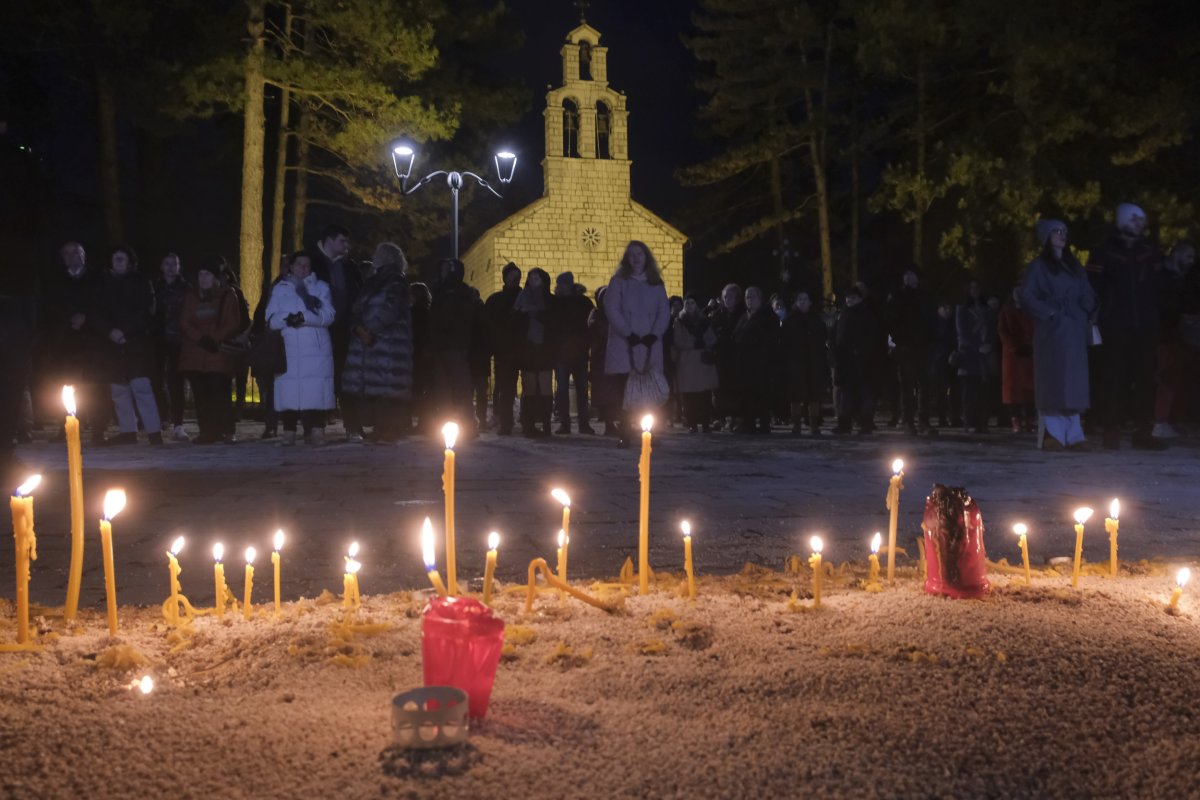
What People Are Saying
Protest organizer Maja Gardašević voiced the frustrations of many Montenegrins "We came here looking for answers," she said, addressing the crowd on Sunday. "Why did a massacre happen in Cetinje for the second time? Why is no one responsible? Why is it so hard to resign?"
Representative of a student-led group that helped organize the rally, Milo Perović said "Innocent people died during your watch." Perović added: "You failed to protect us, so resign."
Police Commissioner Lazar Šćepanović described the incident as "one of the biggest tragedies in the history of Montenegro."
Prime Minister Milojko Spajić called the attack a "terrible tragedy," reflecting the profound shock and grief felt across the nation.
Interior Minister Danilo Šaranović said in reference to the gunman Martinović, "The level of rage and brutality shows that sometimes such people … are even more dangerous than members of organized criminal gangs."
What Happens Next
In response to the massacre, Montenegrin authorities announced plans for a new, stringent gun law alongside other tough measures aimed at curbing the widespread presence of illegal firearms in the Balkan nation of approximately 620,000 people.
However, the demonstration reflected widespread anger over perceived failures in preventing the tragedy. With calls for accountability growing, the political landscape of Montenegro remains uncertain in the wake of the killings.
This article includes reporting from The Associated Press



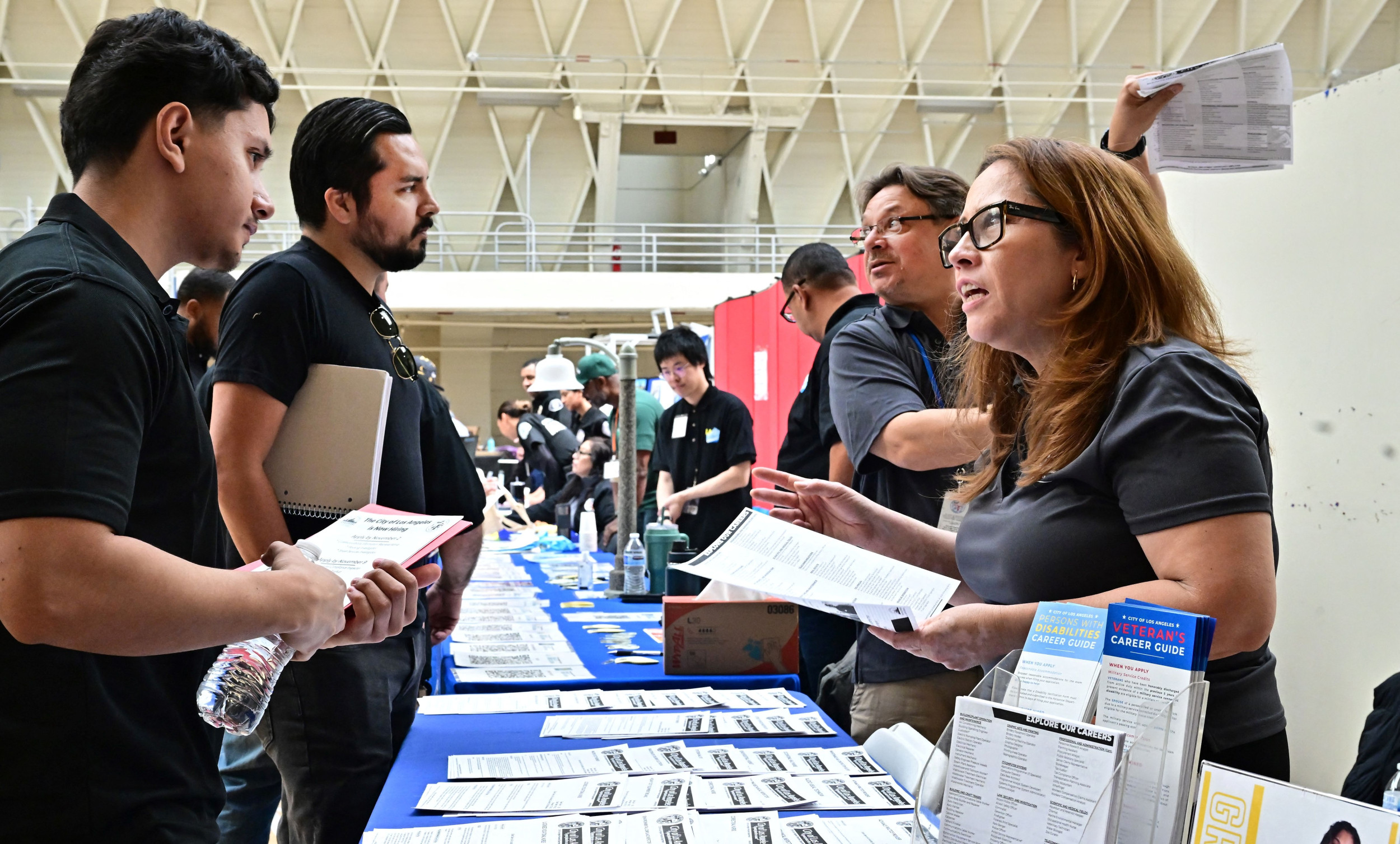

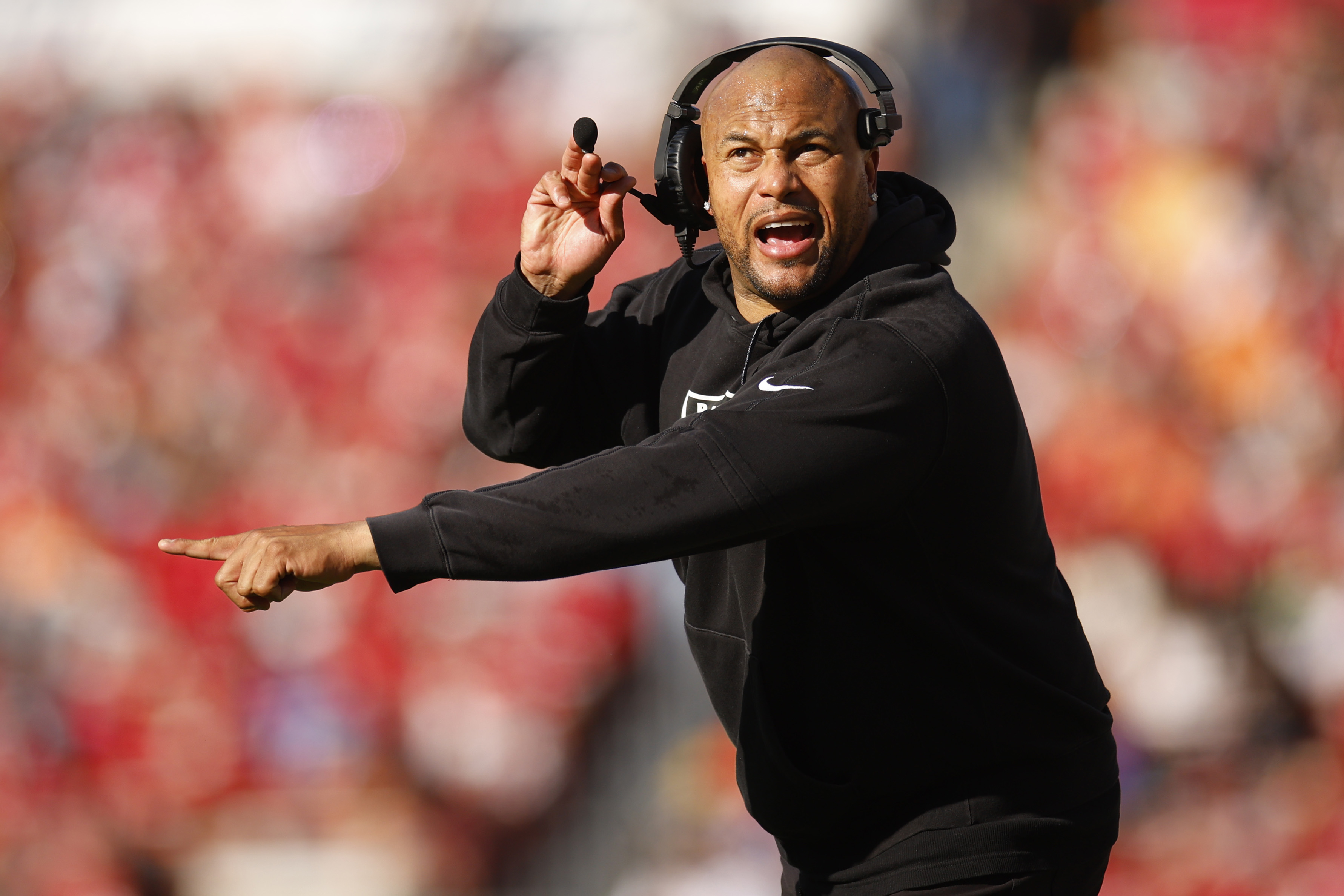
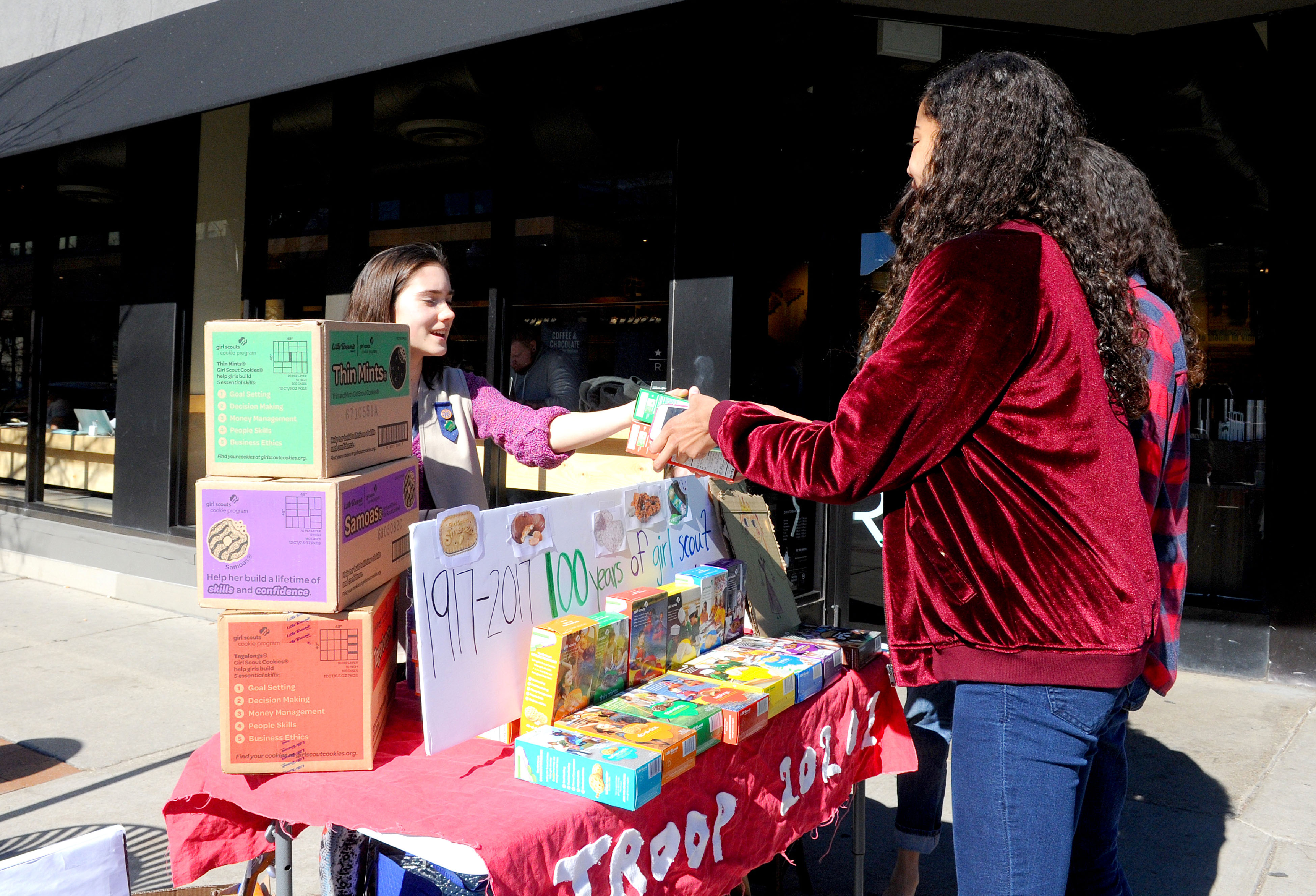



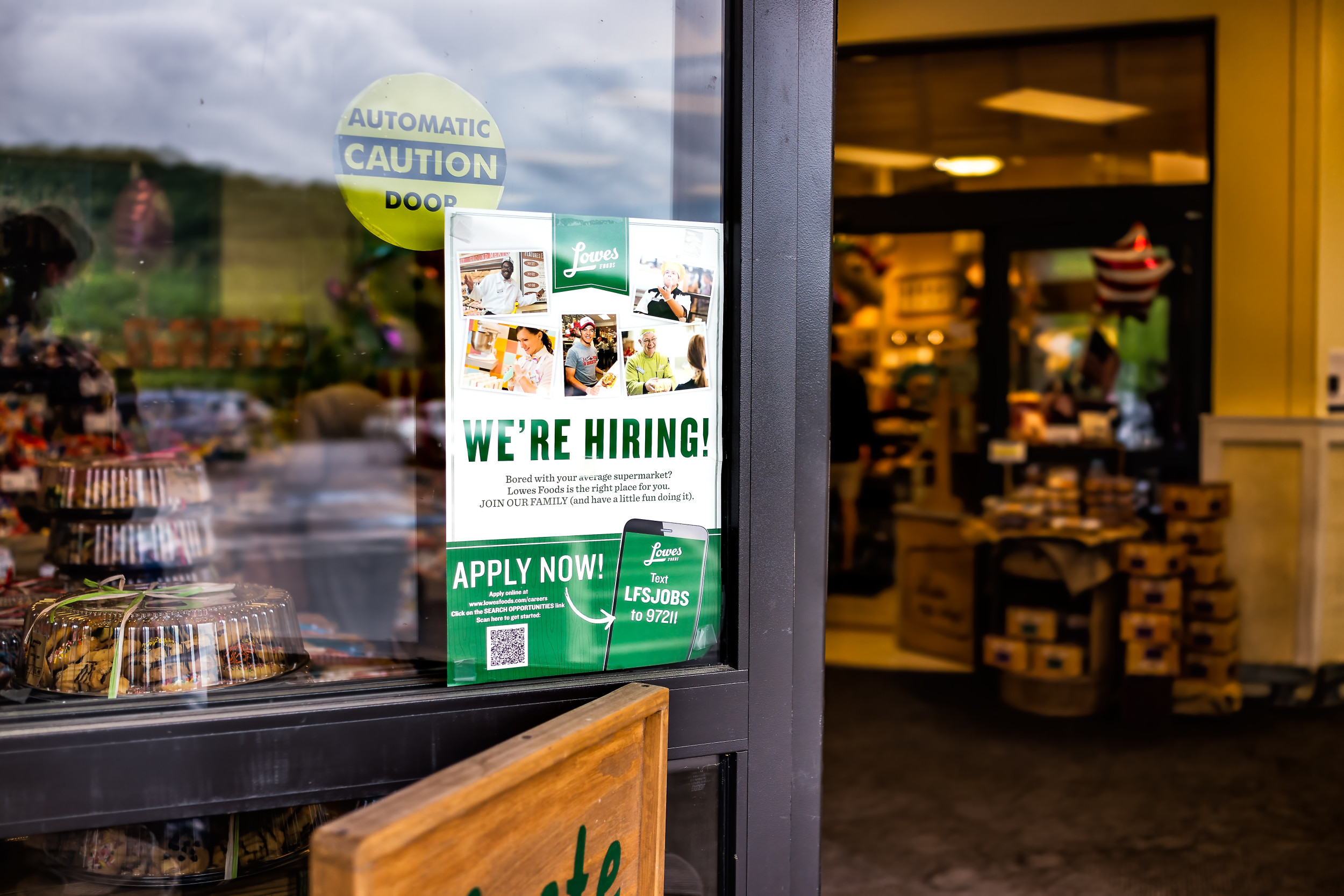
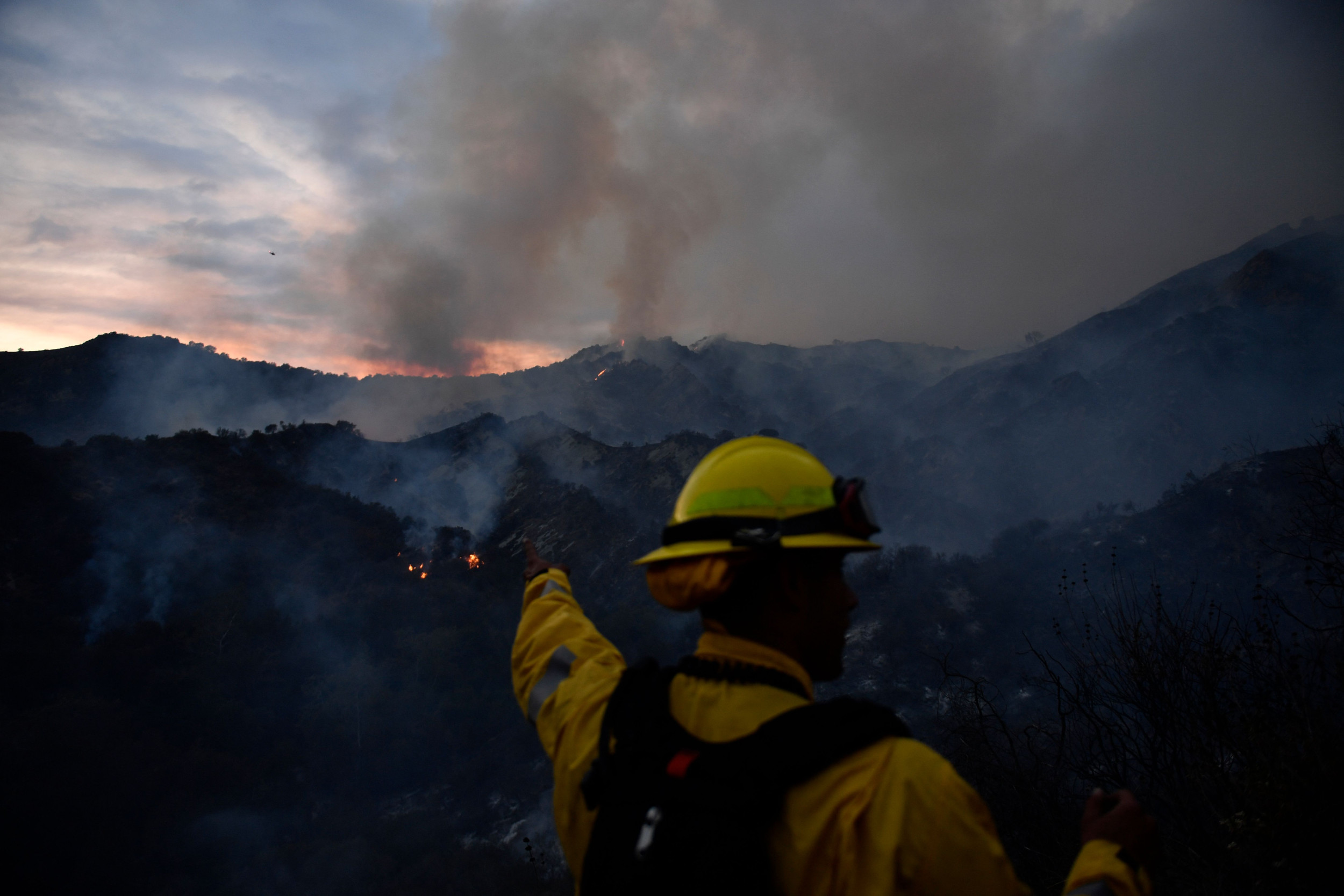








 English (US) ·
English (US) ·